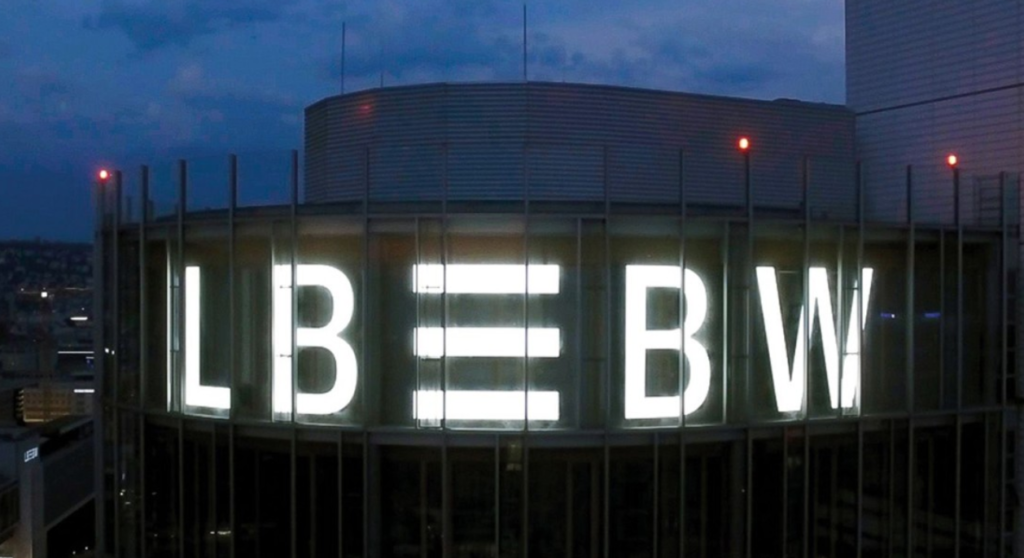The Landesbank Baden-Württemberg, the largest federal bank in Germany, will reportedly start providing cryptocurrency custody solutions in the second half of 2024.

In collaboration with Bitpanda, an Austrian cryptocurrency exchange, the bank will deliver crypto custody services to institutional customers.
Managing director of corporate banking at Landesbank Baden-Württemberg, Jürgen Harengel, told Bloomberg that the German federal bank has been witnessing a rise in corporate demand for digital asset custody.
“The demand from our corporate customers for digital assets is increasing.”
The Landesbank Baden-Württemberg will utilize Bitpanda’s institutional custody solution for its offering. Bitpanda Custody is a cryptocurrency custody platform that offers decentralized finance (DeFi) functionalities.
It has obtained registration from the Financial Conduct Authority (FCA) of the United Kingdom, as stated on the Bitpanda homepage.
It is not only the Landesbank Baden-Württemberg that is considering offering cryptocurrency services. Since September 2023, Deutsche Bank has also been developing digital asset custody services, partnering with the Swiss cryptocurrency startup Taurus to provide tokenization and crypto custody services.
DZ Bank, the second-largest bank in Germany, declared its intention to initiate a pilot program for cryptocurrency trading in late 2024 in February. In November 2023, the bank introduced its digital asset custody platform.
European Banks Prepare for MiCA Regulations
With the Markets in Crypto-Assets (MiCA) regulatory framework, which will complete operation in December 2024 as the initial all-encompassing legal structure for the cryptocurrency sector, the banks in Europe’s largest economy are currently making preparations.
Vyara Savova, senior policy lead at the European Crypto Initiative, informed Cointelegraph that by the end of 2024, cryptocurrency exchanges will be entirely regulated entities.
“2024 is the year of MiCA, and the whole EU will now have a comprehensive legal framework for crypto-assets, crypto-asset services, and crypto-asset service providers (also known as CASPs). Crypto exchanges are a type of CASP under MiCA and will become fully regulated in December 2024.”
At this time, the MiCA measure is not yet complete. The deadline for the second consultation document regarding reverse solicitation guidelines under MiCA is April 29. Savova asserts that the resolution of the consultation will significantly impact the ultimate implementation of MiCA in December.
“[The consultation will determine] how exchanges and other CASPs from countries outside of the EU might provide services to EU citizens without a license and how these services should be marketed in Europe. The outcomes of this consultation will be critical for MiCA’s implementation in December.”
